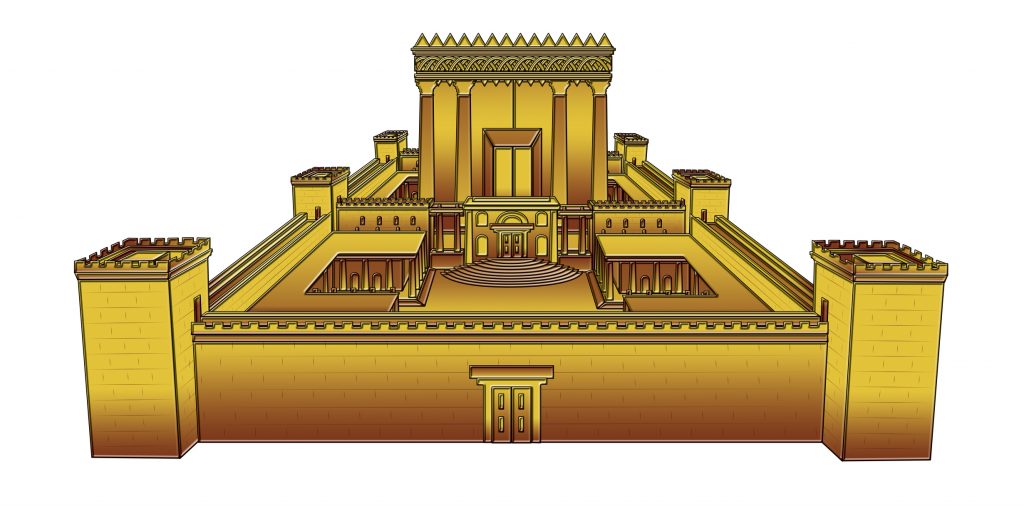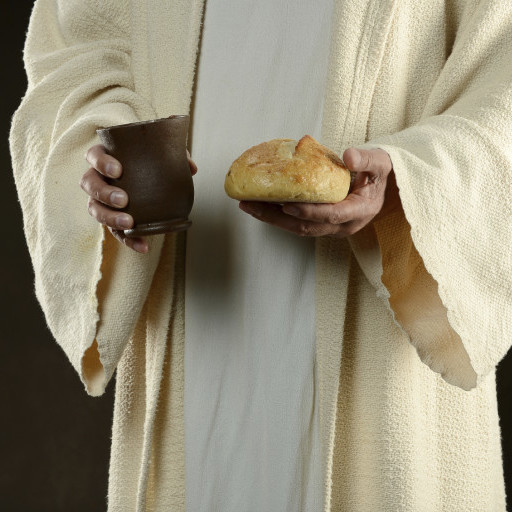Hallowed
“Hallowed be thy name” begins the next phrase of the Lord’s Prayer. What does Hallow mean? We know Halloween as a goblin and ghoul night full of nasty tricks or treats. So that doesn’t seem to jive with the Lord’s Prayer. Like many Christian holidays, this one too has been coopted by commercial nonreligious interests as a reason to have another costly party like the Romans who spent half the year off work for some festival or other official holiday.
When I was in Spain, All Hallow’s Eve, was the night before everyone was commemorating those who passed on. In Spanish “Tosantos” or “Todos los Santos” is celebrated on November 1st each year. We would say in English “All Saint’s Day.” Flowers are taken to the graves of one’s ancestors much like Memorial Day in the USA. On this day those who have recently departed and are on their way to heaven, are prayed for and those still living are remembering to live like saints. The day after is called All Souls Day on November 2nd which memorializes the faithful departed, those who were good and are in Heaven. The three days are called “Allhallowtide”.
In Spain, each day has a name called day names. One’s own name has a day name and is celebrated much like a small American birthday with children taking treats to school and receiving presents on a day different than their birthday.
So Hallow in Spanish culture was associated with remembering the dead. However, in Hebrew anciently it meant so much more. The present day worshipful respect of those who have departed, is magnified infinitesimally more as one considers the “name of Diety”.
A short list of Hebrew meanings for “qadash” or Old English “Hal’-o-ed” which means treat as holy includes the following:
- To set something apart, reserved only for the worship of God
- To make something holy or acknowledge that it belongs to God
- To cleanse from sin, consecrate and ceremonially purify a dedicated object or person to God.
- By ritual make something worthy for religious worship service
- Maintain the sacredness and holiness of an object like keeping the Sabbath Day holy.
- To have awe, reverence, and sacred respect for the holy majesty and power of Deity[i]
For example, Leviticus 22:32 says:
Neither shall ye profane my holy name; but I will be hallowed among the children of Israel: I am the LORD which hallow you,
Ezekiel 38:23 says
Thus will I magnify myself, and sanctify myself; and I will be known in the eyes of many nations, and they shall know that I am the LORD.
Here in Ezekiel, Sanctify is the same word “qadash” as Hallow. In fact, in Greek, in the New Testament, Hallow occurs only once in the Lord’s Prayer, meaning to sanctify.
So many of the uses of Hallow in the Old Testament are wrapped up in temple rituals, purification of altars, the priests purification rituals, the sanctification of the mercy seat in the Holy of Holies where God sits between the cherubim. The New Testament use of the Greek word “hagiazo” in the Lord’s Prayer meaning “to sanctify” captures all of the Old Testament usages.
We come unto God, the Father, who is holy “qadash” and set apart from the world, through the ordinances of the temple which is set apart or holy or sanctified with every part of it being blessed or sanctified for this very purpose. Worshipping God was done in private in homes and in public in the temple in ancient times as well as modern times. As He is sanctified, so we too through temple ritual become sanctified and “live as saints” on “El Dia de los Muertos” or “All Saints Day”. The recent Disney cartoon “Coco” which has become the most popular movie of all time in Mexico, draws heavily on these concepts and the family salvation surrounding the day called “Tosantos”.
The naming conventions in the Hebrew Bible are fully demonstrated in the naming of John the Baptist. “His name is John,” wrote Zechariah, the father of John the Baptist, the name the Angel at the altar had given him. Immediately, Zechariah could speak many words of gratitude, prophesy and praise to God:
Luke 1:72 “To perform the mercy promised to our fathers, and to remember his holy covenant; the oath which he sware to our father Abraham,[ii]
The name John in Hebrew, means “Yahweh is gracious”.[iii] The covenant nature of God, the Father, is clearly mentioned here. The nature of the covenant is also spelled out by Zechariah, the father of John the Baptist:
God redeemed His people, provided them salvation, saved them from enemies, offered mercy, remembered His holy covenant with the people of Israel, and delivered them out of hand of their enemies. Zechariah mentions His holiness, righteousness, knowledge of salvation, remission of sins, tender mercy, and that He hath visited us, gave light to them in darkness and death, and guides our feet into the way of peace.[iv]
This is a most wonderful gospel centered expansion of the Abrahamic covenant as is found in Genesis 17:1-22.
“Hallowed be Thy Name” has the same word parts as “His name is John”. “Hallowed” is another name for God, the Father. What does “Hallowed” mean in Greek and Hebrew? Every meaning in nearly every dictionary carries the feeling of temple covenants: to make holy, sanctify, consecrate, to honor as holy, consider sacred (set apart from world], and venerate.[v] Here in the Lord’s Prayer, we have evidence that not only did God command His prophets to build temples, but that His very being or essence was also a set apart from the world, temple covenant, covenant keeping eternal being in whose image we are created. He wants us to be like Him. He honors His covenants with Abraham, Isaac, and Jacob as we see above in Luke, and He wants us to imitate Him and keep temple covenants.
We also have the covenant that God made with Noah and also Moses and other prophets. God wants so bad for us to remember Him, that He gave us covenants and swore with an oath unbreakable that He would keep His part of the covenant if we would keep our part. His very name says that He is still keeping His ancient covenant by Hallowing it and making His name Hallowed.
Jesus asks us what we are to be like and act like, suggesting that true worship, making God’s name holy, involves more than reverential lip service. He asks:
Therefore, what manner of men ought ye to be? Verily I say unto you, even as I am.[vi]
Jesus then teaches how to do this seemingly impossible task:
And now I go unto the Father. And verily I say unto you, whatsoever things ye shall ask the Father in my name shall be given unto you.
Therefore, ask, and ye shall receive; knock, and it shall be opened unto you; for he that asketh, receiveth; and unto him that knocketh, it shall be opened.[vii]
The Lord’s prayer invites us to ask the Father of us all for whatsoever things we stand in need of. However, we are also being taught the most important things to ask for, like how to become saints, how to become more like Jesus whose disciples we are.
[i] https://biblehub.com/hebrew/6942.htm
[ii] Luke 1:67-79 KJV
[iii] https://www.behindthename.com/name/john
[iv] Luke 1:67-79
[v] https://www.dictionary.com/browse/hallowed
[vi] 3 Nephi 27:27
[vii] 3 Nephi 27: 28-29

Second Temple on white background, Clipping path included.
